Intro
Distinguish between acid reflux and heart attack symptoms, including chest pain, discomfort, and nausea, to ensure proper diagnosis and treatment for gastroesophageal reflux disease (GERD) and cardiac issues.
The similarity in symptoms between acid reflux and heart attacks can be alarming and confusing for individuals experiencing these conditions. Both conditions can cause chest pain, which is often the primary concern for those affected. Understanding the differences and similarities between acid reflux and heart attack symptoms is crucial for proper diagnosis and treatment. In this article, we will delve into the world of acid reflux and heart attacks, exploring their symptoms, causes, and treatment options.
Acid reflux, also known as gastroesophageal reflux disease (GERD), is a condition where stomach acid flows back into the esophagus, causing discomfort and pain. This can be triggered by various factors, including diet, lifestyle, and underlying medical conditions. On the other hand, a heart attack, also known as myocardial infarction, occurs when the blood flow to the heart is blocked, causing damage to the heart muscle. The symptoms of both conditions can be similar, making it essential to seek medical attention if you are experiencing any unusual chest pain or discomfort.
The importance of understanding the differences between acid reflux and heart attack symptoms cannot be overstated. A heart attack is a life-threatening condition that requires immediate medical attention, while acid reflux can be managed with lifestyle changes and medication. However, if left untreated, acid reflux can lead to complications such as esophagitis, stricture, and Barrett's esophagus. In this article, we will provide an in-depth analysis of the symptoms, causes, and treatment options for both acid reflux and heart attacks, helping you to better understand these conditions and seek the necessary medical attention.
Acid Reflux Symptoms
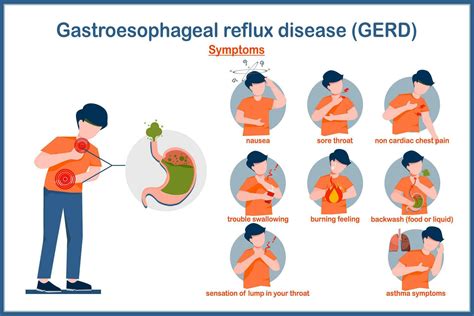
These symptoms can be triggered by various factors, including:
- Eating large or heavy meals
- Lying down after eating
- Consuming citrus fruits, tomatoes, chocolate, or spicy foods
- Drinking alcohol or caffeine
- Smoking or being around secondhand smoke
- Being overweight or obese
Causes of Acid Reflux
The causes of acid reflux can be attributed to various factors, including: * Weakened lower esophageal sphincter (LES) * Hiatal hernia * Obesity or being overweight * Pregnancy * Certain medications, such as antihistamines or sedatives * Diet and lifestyle factors, such as eating large meals or consuming trigger foodsHeart Attack Symptoms
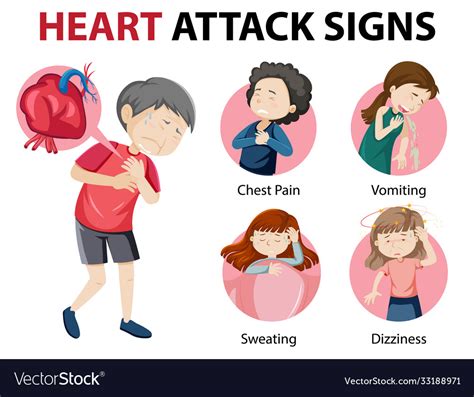
These symptoms can be triggered by various factors, including:
- Blockage of the coronary arteries
- Blood clots or plaque buildup
- High blood pressure or cholesterol
- Diabetes or smoking
- Family history of heart disease
Risk Factors for Heart Attack
The risk factors for heart attack can be attributed to various factors, including: * Age, with risk increasing after 45 for men and 55 for women * Family history of heart disease * High blood pressure or cholesterol * Diabetes or smoking * Obesity or being overweight * Physical inactivity or lack of exercise * Stress or anxietyDifferences Between Acid Reflux and Heart Attack Symptoms
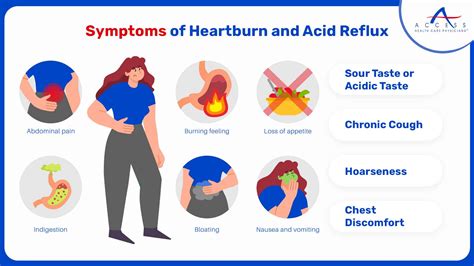
On the other hand, heart attack symptoms tend to:
- Be triggered by physical activity or stress
- Be accompanied by shortness of breath or cold sweats
- Be more severe and persistent
- Require immediate medical attention
Seeking Medical Attention
If you are experiencing any unusual chest pain or discomfort, it is essential to seek medical attention immediately. A healthcare professional can evaluate your symptoms and provide a proper diagnosis and treatment plan. In the case of a heart attack, timely medical attention can be lifesaving.Treatment Options for Acid Reflux
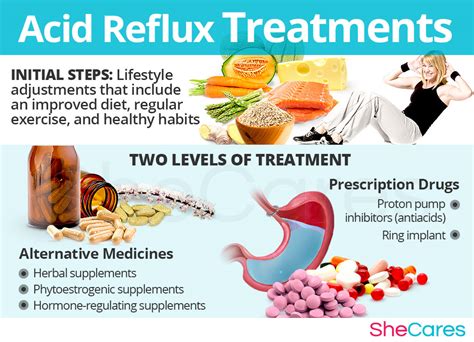
Prevention of Acid Reflux
Prevention of acid reflux can be achieved through lifestyle changes, such as: * Eating a balanced diet * Avoiding trigger foods and drinks * Maintaining a healthy weight * Avoiding smoking or secondhand smoke * Managing stress or anxietyTreatment Options for Heart Attack
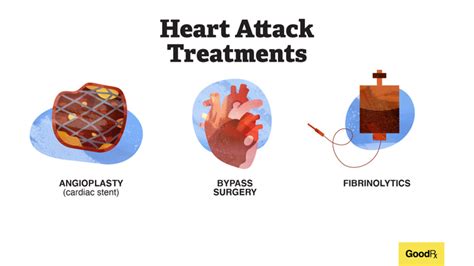
Prevention of Heart Attack
Prevention of heart attack can be achieved through lifestyle changes, such as: * Maintaining a healthy weight or diet * Exercising regularly or engaging in physical activity * Quitting smoking or avoiding secondhand smoke * Managing stress or anxiety * Controlling high blood pressure or cholesterolConclusion and Next Steps
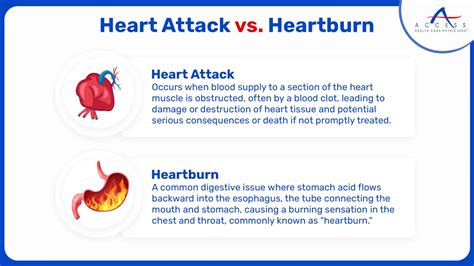
What are the main differences between acid reflux and heart attack symptoms?
+The main differences between acid reflux and heart attack symptoms are the triggers, severity, and accompanying symptoms. Acid reflux symptoms tend to be triggered by food, drink, or position, while heart attack symptoms are triggered by physical activity or stress. Acid reflux symptoms also tend to improve with antacids or acid reducers, while heart attack symptoms require immediate medical attention.
How can I prevent acid reflux and heart attack?
+Prevention of acid reflux and heart attack can be achieved through lifestyle changes, such as eating a balanced diet, avoiding trigger foods and drinks, maintaining a healthy weight, quitting smoking or avoiding secondhand smoke, exercising regularly, and managing stress or anxiety.
What are the treatment options for acid reflux and heart attack?
+Treatment options for acid reflux include lifestyle changes, medications, and surgery, while treatment options for heart attack include medications, procedures, and lifestyle changes. It is essential to seek medical attention immediately if you are experiencing any unusual chest pain or discomfort.
